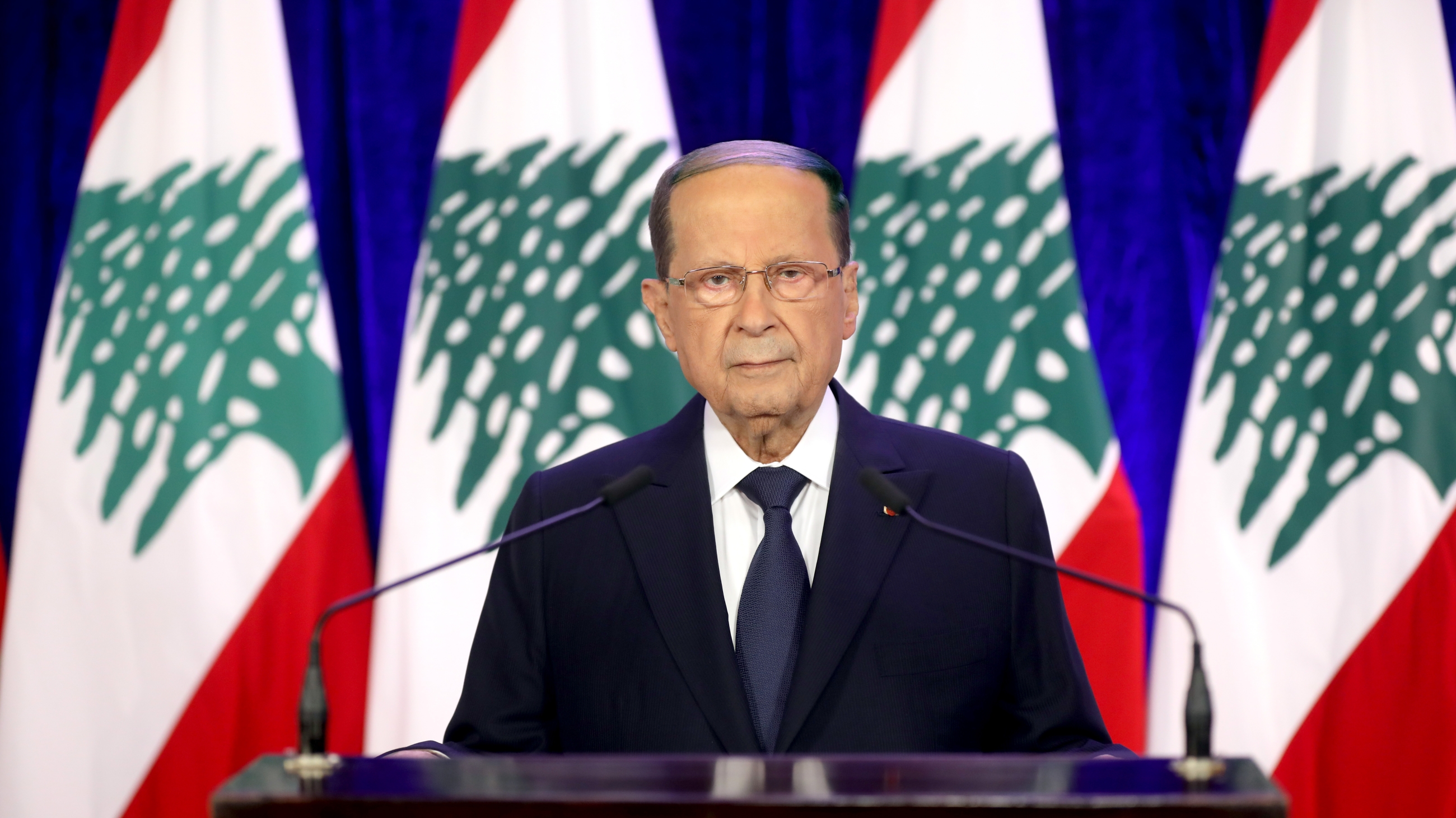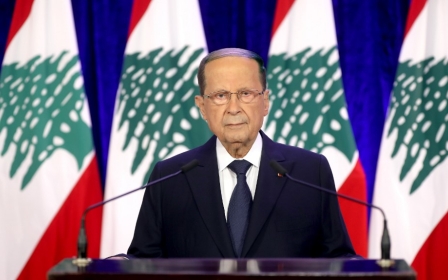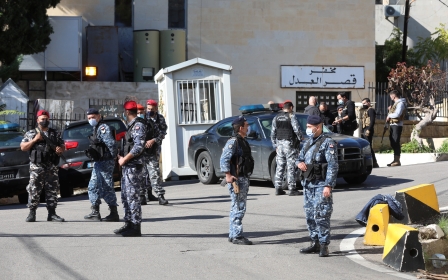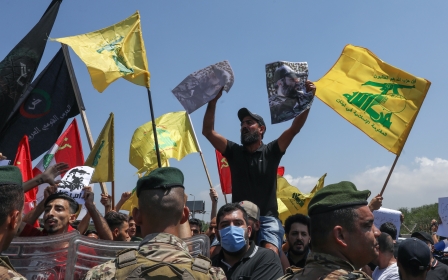Israel invites Lebanese president for direct talks over maritime dispute

Israel has called on the president of Lebanon to take part in direct talks to discuss their countries' disputed maritime border.
Israeli Energy Minister Yuval Steinitz invited Lebanese President Michel Aoun to talk in Europe, a rare outreach between nations still technically at war.
Israel and Lebanon opened negotiations on the border dispute under US and UN auspices last month to clear the way for offshore oil and gas exploration.
Last week, Steinitz on Twitter accused Lebanon of undermining the talks by continuously shifting its position and trying to widen the disputed area under negotiation.
That sparked a Twitter response from Aoun, who rejected Steinitz's charges that Lebanon had been inconsistent.
Steinitz, in a series of tweets directed at Aoun on Monday, in both Hebrew and Arabic, said he had been "enjoying the dialogue that has developed between us in recent days".
"I am convinced that if we could meet face-to-face in a European country in order to have open, or secret, negotiations, we would have a good chance of resolving the maritime border dispute once and for all."
There was no indication on whether Aoun intended to respond to or accept the offer.
Israel and Lebanon have been negotiating based on a map registered with the United Nations in 2011, which shows an 860 square kilometre area of sea as being disputed.
But Lebanon considers that map to have been based on wrong estimates.
According to Lebanese energy expert Laury Haytayan, Aoun's tweet confirms that it is now demanding an additional 1,430 square kilometres of sea further south.
Israel occupied the south of Lebanon for 18 years until 2000, and still occupied the Lebanese Shebaa Farms. Israel and Lebanon's Hezbollah movement also waged a month-long war in 2006 which led to widespread destruction of the suburbs of the Lebanese capital Beirut.
Under Lebanese law, it is forbidden for Lebanese citizens to interact or have business transactions with Israeli citizens. The current border-dispute negotiations are therefore highly unusual.
Middle East Eye propose une couverture et une analyse indépendantes et incomparables du Moyen-Orient, de l’Afrique du Nord et d’autres régions du monde. Pour en savoir plus sur la reprise de ce contenu et les frais qui s’appliquent, veuillez remplir ce formulaire [en anglais]. Pour en savoir plus sur MEE, cliquez ici [en anglais].





